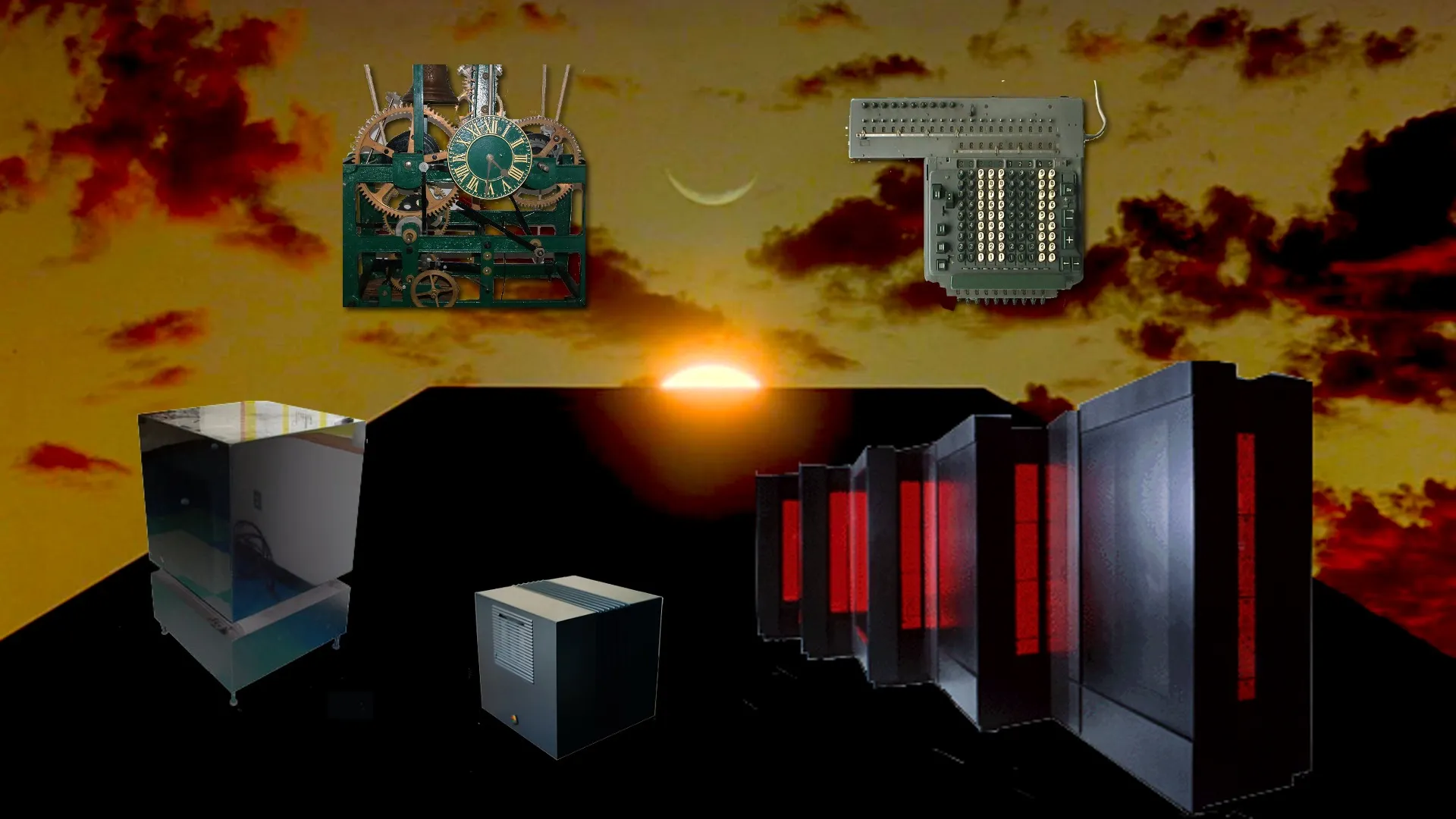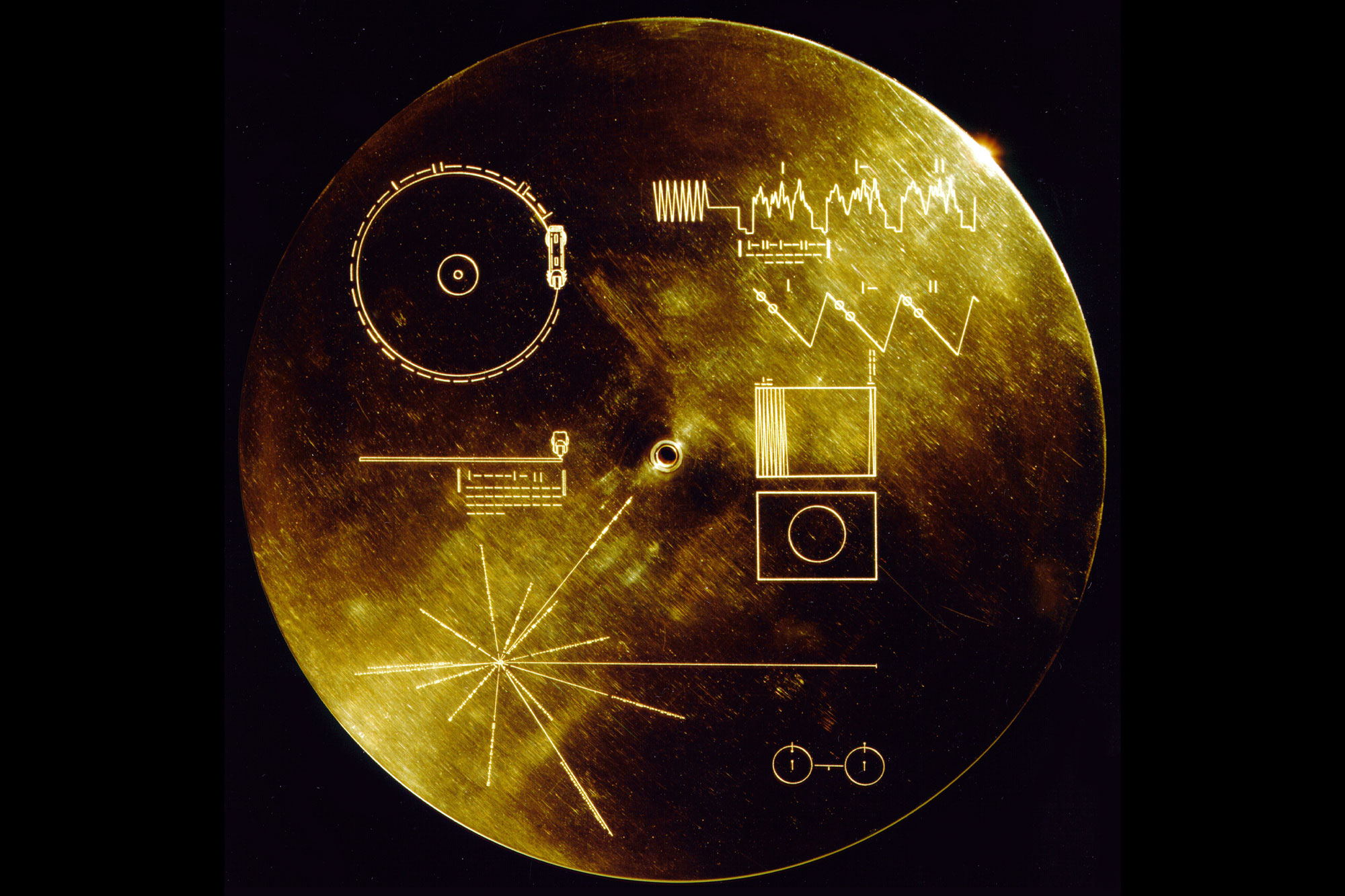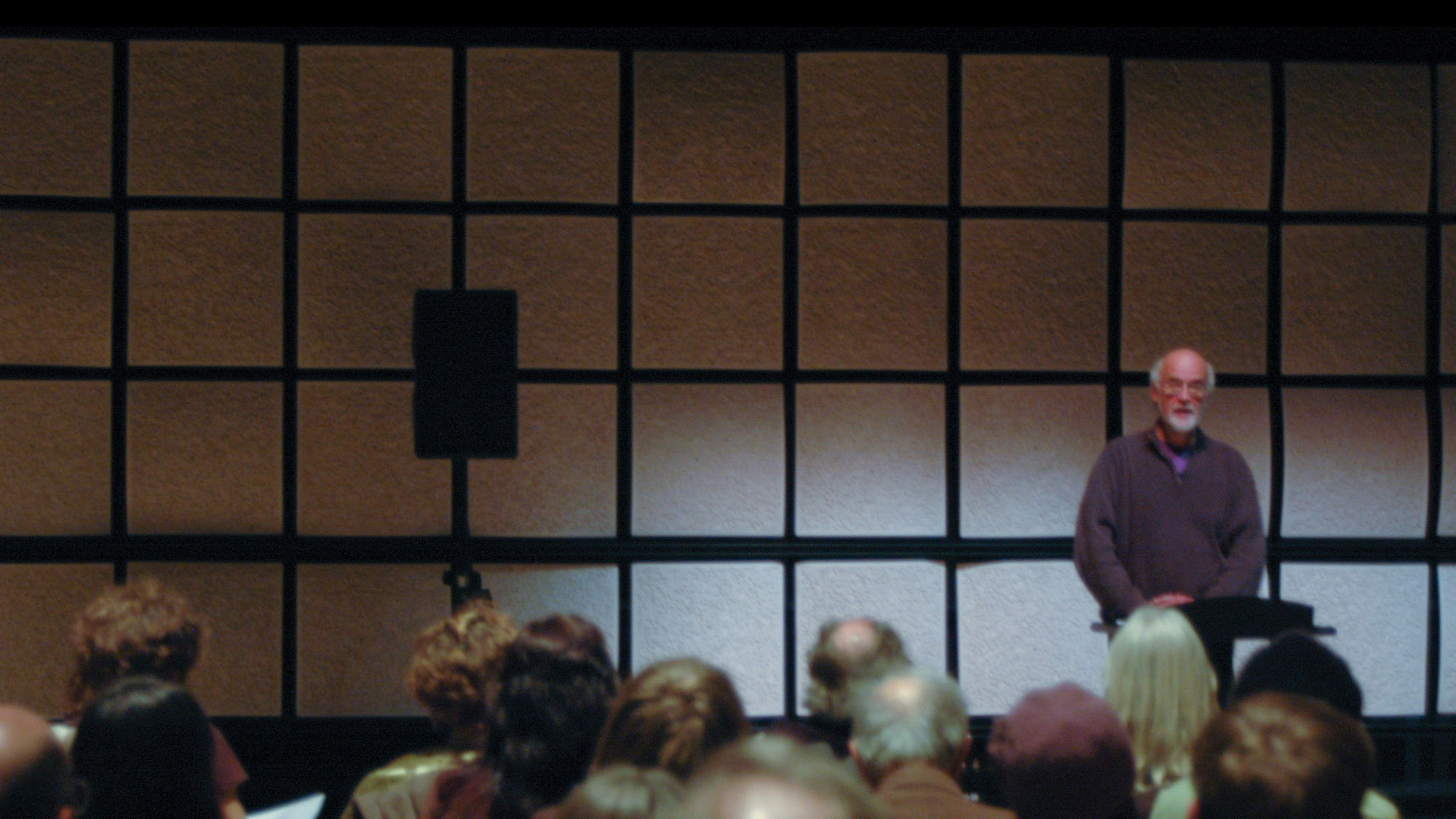
Archiving Digital Media—Documenting Time-based Arts
In his continuous research and activities on digital archiving especially in the realm of time-based arts (music, performing arts, time-based visual art; live performance vs. documenting; digitally born interactive works), Johannes Goebel continued at EMPAC with theoretical contextualization, material research, and a concrete implementation of EMPAC’s archive of over 600 video documentations of performances and events and other documents. The focus of his research lies on the physical longevity of the stored bits in an environment of the continuous and fast-paced obsolescence of data formats, software, and hardware many times over during the lifetime of us as individuals and over the period of activities and subsequent disappearance of institutions.
THE COMPUTER AS UNIVERSAL TIME MACHINE
Time Beyond and for Perception—Freezing Movement While Propelling the Still—Keeping: A Digital Time Capsule
This longer essay (2021) encapsulates most aspects and considerations and is part of the publication of Programming EMPAC, Days 4,183–5,557.
The first part, The Computer as Time Machine, reflects on digital technology and its relationship to human time, to human perception, and to history-making, using “time-based arts” as point of reference. How can we as individuals and as institutions keep digital data and what they represent accessible just for our own life time and maybe for one or two generations after us; keeping it in our possession and under our own control without constantly having to think about and pay for backing it up and copying it; similar to a book or a photo-album on a book-shelf, which we can pick up, read and look at and which can be forgotten in some box in the attic, and 38 or 101 years from now someone opens the box and looks at what was kept.
The second part, The Digital Time Capsule, proposes in more technical terms, which criteria a time-capsule for digital data has to meet and how it can be implemented today, 2020, as a low-cost equivalent to a photo-album, a vinyl record, a film, a book, or a collection of documents.
TALKS
Over the years and as the project evolved, Johannes Goebel gave several talks, among others at EMPAC; CCRMA Stanford University; ZKM Center for Art and Media Karlsruhe, Germany; and the Henry Art Gallery, University of Washington.
Related to this project, please visit William Forsythe, Improvisation Technologies Content of CD-ROM archived on YouTube.
Main Image: Computer Space Odyssey Calculator Clock.


